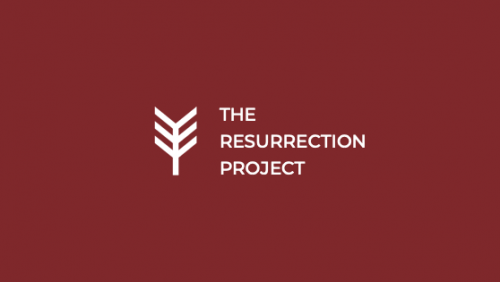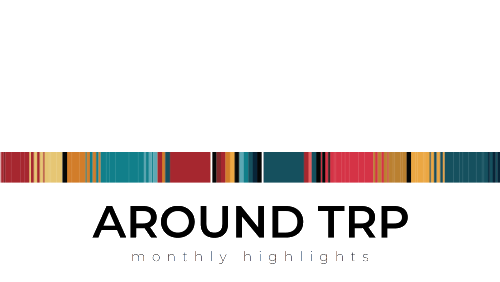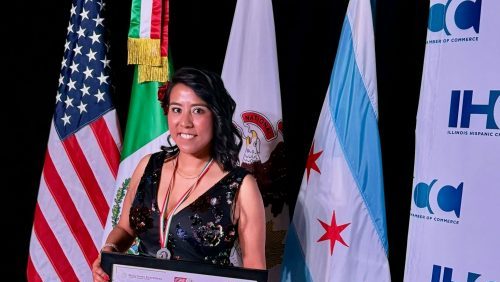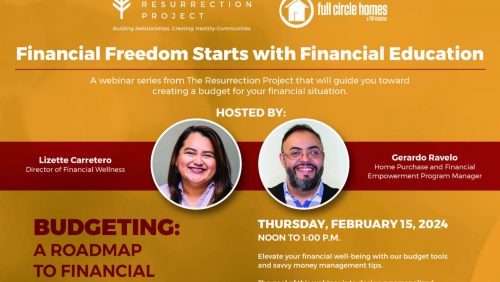Find Your New Home: Apartments Available for Lease. Click Here!
TRP, Bank of America, and Citibank helping un-banked families secure a better financial future
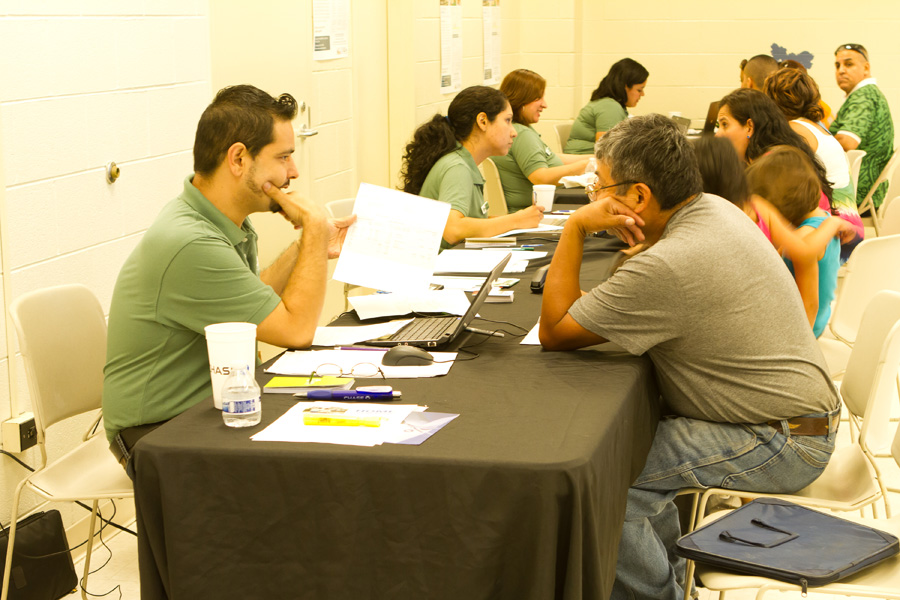
by Diana Hinojosa
Why do we need credit and how do we get it? Many people among our underserved communities don’t know the answers to these. A healthy credit score can mean the difference between financial security and financial disaster. It’s necessary to purchase a car, secure a favorable mortgage rate, and even for something as basic as renting an apartment.
Unfortunately, for underserved communities, credit is hard to establish or maintain when there is little information on how to acquire it or how to rebuild it. This can have short- and long-term financial repercussions. Landlords can charge higher rent or deposit amounts to someone with poor credit scores or a lack of credit history. Many banks will not issue credit cards without an established credit history, or will offer mortgage loans at higher interest rates, which will cost the mortgage holder tens of thousands of dollars more over the life of the loan.
“Higher credit scores allow people to qualify for personal loans from banks instead of payday loans through finance companies who charge high interest rates,” explains Alejandro Chaidez, a Home Purchase Advisor at The Resurrection Project. “When they get a personal loan, they are more likely to get a fair market rate as opposed to a shark loan rate.”
Helping people in our communities start or improve their credit scores and work towards financial health is why The Resurrection Project (TRP) teamed up with Bank of America and Citibank on their respective financial coaching programs. Citibank’s program provided nonprofits with financial tools, including a secure credit card, to assist people improve their credit. The secure credit card works like any other credit card with one exception: the credit line is prepaid by the credit card holder. The greater the amount of the deposit, the greater the credit line. This allows the individual with little, no, or poor credit to build a positive credit history.
Citibank also took this one step further by setting up the Chicago Credit Building Coalition, which included 13 agencies throughout the city. A year later, five of those agencies, including TRP, became partners and currently convene for quarterly meetings to streamline and improve upon the product to better serve their communities.
Bank of America and National Council of La Raza sponsored the creation of a three-step program which includes setting clients up with a free checking or saving account, financial coaching, and a secure credit card. This program helps members of un-banked communities avoid costly currency exchanges.
Among the program’s participants is a disabled woman who had spent $900 over the last two years by cashing her checks at the local currency exchange. When TRP paired her up with Bank of America’s three-step program, she was not only able to open a checking and savings account with no minimum deposit or start-up fee, but she was also awarded $50 a quarter as an incentive to save. She is now well on her way to accessing responsible financial products at mainstream institutions.
Since the start of these partnerships, TRP has helped more than 100 people apply for and receive a Citi secure credit card. Nearly 10 of those participants have since purchased homes as a result of participating in the program. Participant borrowers have been able to acquire loans at interest rates less than what they would have otherwise obtained with their original credit scores. TRP is also conduct regular follow-up financial coaching sessions to ensure all participants remain on track toward meeting their next financial goal. TRP has also helped 130 un-banked people open no-cost checking and savings accounts with Bank of America and begin working towards improved financial health within one-on-one financial coaching.
Successful partnerships with financial institutions such as Citibank and Bank of America are helping TRP bring financial coaching and products to un-banked families.
“There is a real need for these types of partnerships with financial institutions,” says Kristen Komara, Vice President of Financial Education and Counseling. “We want to see more of these products in our communities. They are really making a difference in the lives of people.”
